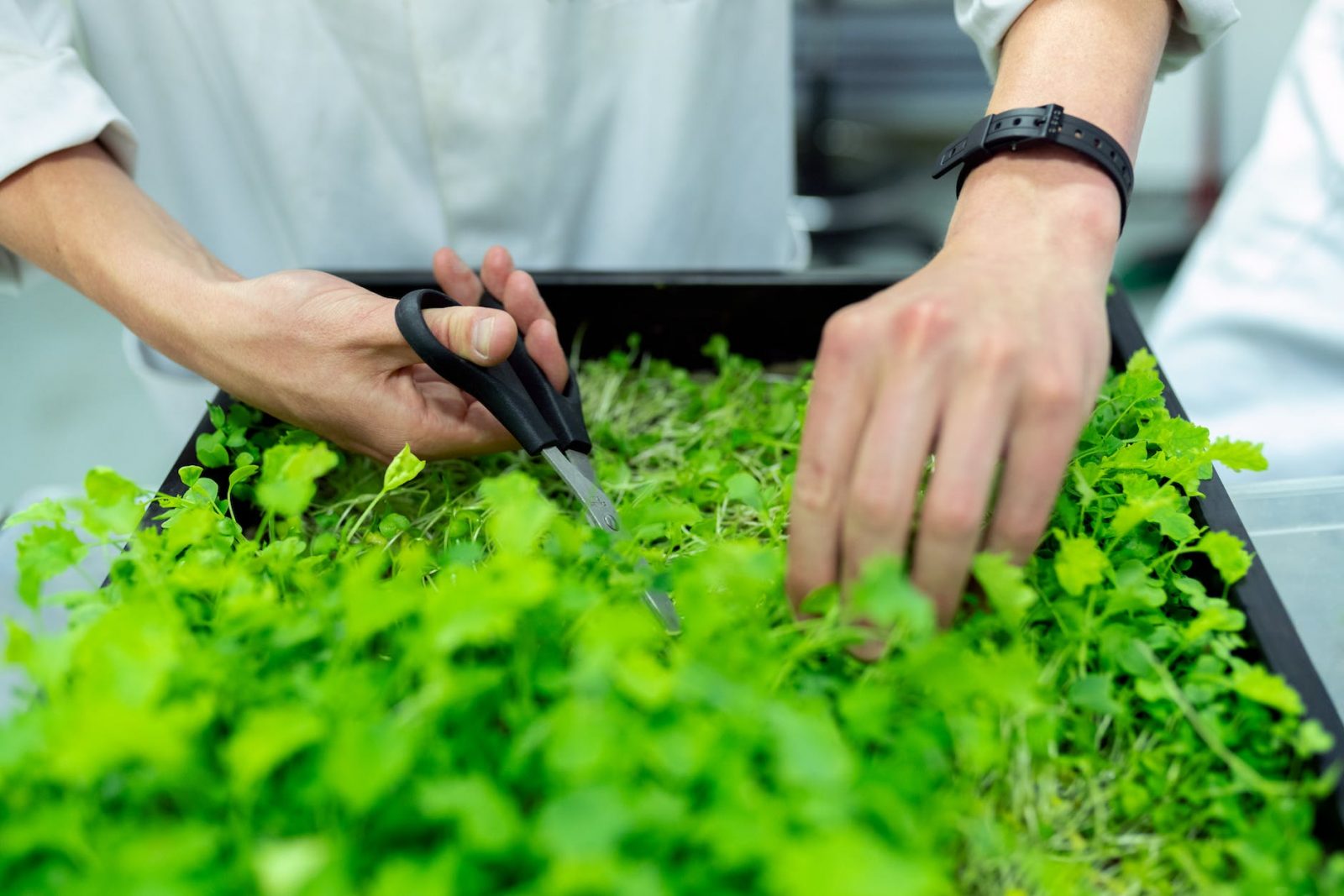
I am a freelance journalist and co-author of 'The Big…
THEY COME as tourists and we urge them to feel at home in our land and to travel as far and wide in it as they can. Others come as associates of a clique of “conservationists” who have maintained a traditional hold on Africa’s conservation policy and practice. Some come openly as researchers or students eager to dig as much information out of the countryside as possible. Yet others live with us, either as “visiting scientists” working in our national research institutions and universities or as “expert” expatriates. And we are always eager to extend our generosity. Our governments are equally eager to license them.
In Kenya, such licensing carries a caveat, in writing, that the researchers must share with the country the proceeds of their research and must not take away any specimen from any corner of the republic. We also impose other rules and guidelines and ask the National Council for Science and Technology (NCST) and the Ministry of Education to enforce them. Then we sit back.
The government forgets to give the NCST teeth and rarely asks its intelligence arm to monitor the visitors’ activities. And so, for the time they are in Kenya, they have our entire wilderness to themselves. Sometimes they come into contact with our “men in green,” the Kenya Wildlife Service (KWS) rangers on the beat. But in many cases, they are all alone or are accompanied by a few guides who act more like David Livingstone’s porters, Suma and Suzi, often providing intimate services to spice up the research expeditions. Inevitably, many specimens are spirited away from Kenya and the rest of Africa.
For instance, The EastAfrican last year ran a story on how the Mount Kenya Bush Viper, a specie of snake discovered whose venom is believed to contain chemicals that can prevent breast cancer, is shipped out of Kenya. All the smugglers need to do is place it in a deep freezer shortly before they ship it out. This knocks the reptile out for 7-9 hours, which enables the thieves to carry the snake on their person and fly out to Europe and the US. IN MANY CASES, RESEARCHERS dig up things that look unimportant to us. But almost always, Africans through ordinary conversations unwittingly give them vital leads. We even encourage them, wondering at the same time why these queer fellows are so interested in chameleons, beetles, slugs or giraffes’ dung. Years later, we may read a newspaper article about how a biotechnology company has come up with a wonder drug without making the connection. For instance, a colleague says that, in the 1970s, there were claims that a muddy substance found in Lang’o District in Uganda had the power to heal a number of different ailments. However, he says, these claims were dismissed as unsubstantiated rumors put about by witch doctors.
But as detailed in a new report published by a US think-tank, Out of Africa: Mysteries of Access and Benefit Sharing, a British company, SR Pharma (formerly Stanford Rook Ltd), took the “rumors” seriously. After intensive research, the company ended up isolating a unique bacterium, Microbacterium vaccae, that is now used effectively against chronic viral infections, including HIV. Needless to say, SR Pharma made millions of dollars in annual sales and, according to the report, never saw any reason for sharing a single shilling with those who came up with the “rumor.” The British firm is in good company.
Dozens of multinationals have been looting biological resources and traditional African knowledge with impunity. “It’s a free-for-all out there,” says the report, “and until the Convention on Biodiversity (CBD) solves the problems of access and benefit-sharing, the robbery will continue.” That seeds, plants, bacteria, algae, viruses, not to speak of larger animals have and continue to be stolen from Africa is no longer a secret. The robbery is open, widespread and ugly. There are those who say such robbery is part of the official policy of governments in the West, pointing to the fact that in almost all cases, the relevant multinationals end up getting patents for what they have stolen. For instance, the report says that 12 different medically valuable natural products have been stolen from different African countries to make antibiotics, antifungal drugs, appetite depressants and drugs that are effective against diabetes and other diseases. In addition, six different sources of cosmetics have been illegally acquired from Africa, ending up as vital formulae for the manufacture of whiteners and skin and hair products. Further, agricultural and horticultural products acquired illegally from Algeria, Morocco, Tunisia, Burkina Faso, Tanzania, Somalia, Sudan, Nigeria, Ethiopia and elsewhere in Africa are now generating huge profits for those who hold equity in various multinationals. But even after such public exposure, the culprits remain unremorseful, often voicing the opinion that there is no such thing as biopiracy.
In most cases, the media and the Internet are used to whitewash these corrupt acts while arguments on who, in Africa, is the true owner of such biological resources as bacteria and viruses are advanced to confuse the issue. Even in cases where African communities have clearly isolated certain plants or organisms and used them to treat different ailments for hundreds of years, someone still disputes their ownership of such knowledge. But African countries have wittingly or unwittingly abetted the robbery.

First, few of these countries have got round to enacting rules to govern access to and sharing of benefits accruing from their natural wealth and the traditional knowledge of their peoples. Meanwhile, African nationals sometimes even government representatives play an active role in the robbery. For instance, The EastAfrican last year exposed how the stealing of industrial enzymes from two of Kenya’s Rift Valley Lakes, Bogoria and Nakuru, in 1992 was aided by senior wildlife officials, while researchers working at one of Kenya’s public universities collaborated with British nationals in the research. Moreover, governments in the West routinely disregard the African input in the development of medical, cosmetics and other products during the patenting process. In essence, what patents do is to give the thieving multinationals the exclusive right to earn millions or even billions of dollars from a product identified and sometimes partially developed by Africans. The latter are locked out from sharing any of the profits and if they dared produce similar products for commercial purposes, the World Trade Organisation and other trade watchdogs are at hand to prevent this, while the West is itself ready to defend such patents with its superior economic and military power. There are reports that thousands of patents on African plants have been filed. These include brazzeine, a protein that is 500 times sweeter than sugar and is obtained from a plant in Gabon; teff, used to make Ethiopia’s flat injera bread; thaumatin, a plant sweetener from West Africa; the African soap berry and the Zulu cowpea; and genetic material from the West African cocoa plant, to name but a few. The case of Bayer is significant.
The German drug-making giant got a patent for a diabetes drug whose ingredients were drawn from the water masses of Ruiru in central Kenya and had, by 2004, raked in a profit of $379 million. On its part, the California-based biotech company, Genencor, which is associated with the stealing of industrial enzymes in Kenya, reportedly has annual sales of $3-4 billion. Africans, intellectuals have been complaining, Africans are reduced to begging for crumbs from the robbers’ tables. “They are stealing the loaf and sharing the crumbs,” Dr Tewolde Berhan Egziabher, a leading expert on the topic at the Institute for Sustainable Development in Ethiopia, was quoted as saying during the World Summit on Sustainable Development (WSSD) in Johannesburg, South Africa, in 2002. Attempts to force the companies to share their wealth with the true owners of the knowledge or biological resource have been made at the South-South Biopiracy Summits. Such conferences have raised awareness about the ongoing robbery and how biologically rich Africa is. They have also shown how Africans had isolated and developed, centuries before Europeans scramble for the continent, useful products based on the properties of plants, seeds, algae and other biological resources. But passing on this message seems to be the only success achieved so far by the anti-biopiracy activists. In some cases, experts have called for the enactment of legislation and pleaded with the West to respect the seemingly toothless Convention on Biodiversity (CBD). In principle, CBD which came into force in 1993 asks signatories to respect sovereignty over biological resources.
In 1999, efforts were made to give it some teeth, with further negotiations being carried out during the WSSD in 2002. But even after lengthy negotiations and renegotiations (the latest round was held recently in Spain), nothing tangible or binding has so far been achieved. One campaign for justice has paid off. The most unique case is that of Hoodia, a cactus that the San people of the Kalahari desert have used for centuries to ward off hunger, the Kalahari being a harsh environment. But elsewhere in the world, food and particularly fatty and sugary food is available in such quantities that while the San used Hoodia to suppress hunger, Westerners began to use it to suppress their appetites. In came the South African Council for Scientific and Industrial Research (SCIR) which, in 1997, realized that the lead compound of hoodia was an active appetite suppressant. SCIR then got patents for extracts from several species of the hoodia and traded these to a British drug company, PhytoPharm. In turn, the latter sold the patent to the giant Pfizer company. Of these deals, the US report says, “All this wheeling and dealing took place without anyone bothering to contact the San.” Interestingly, when the story hit the headlines, PhytoPharm defended its action by claiming that the 100,000-strong population of the San were all dead. But following international pressure, SCIR agreed to give the San an estimated 0.003 per cent of the royalties it receives from PhytoPharm. In addition, media attention forced Pfizer to terminate its hoodia research and to return the rights to PhytoPharm. Apparently, though, PhytoPharm was not deterred. A year later, it licensed the hoodia to Unilever, which curiously claimed that it would not be making any drug from Hoodia but would be selling “functional food” products from the species after three years. Unilever is reported to have paid PhytoPharm $12.5 million and pledged a further $27.5 million and undisclosed royalties once its products were in the market.
What needs to be done?
WHAT NEEDS TO BE done to stem such robbery or, at least, to ensure that Africans benefit from their resources and from what they have all along known? There are those who call for speedy legislation for purposes of guaranteeing a reasonable system of benefit sharing. “Legislation is required and it is required yesterday,” Nolwazi Gcaba, a South African patent and copyright attorney, was once quoted as saying. Others place their hopes on the CBD. Ratified by 183 countries and in force since 1993, CBD recognises the sovereignty of states and communities over their genetic resources. However, the treaty has been opposed by some Western governments, including the US, whose Congress refused to ratify it in 1994. In addition, its provisions are contradicted by the Trade Related Intellectual Property Rights (Trips) agreement of the World Trade Organisation (WTO). The WTO has required member countries to recognise Trips since 1995. It will be difficult for African communities wishing to be paid the true worth of their traditional knowledge to do so, because the entire system of global trade, intellectual property rights and patents does not recognize that they too are thinking beings who possess knowledge and practices that are different from what emanates from the West. When the ongoing robbery is finally taken seriously by Africans (and peoples in the rest of the developing world) they will find that they may need to fight for an alternative intellectual property rights system that will accord what emanates from Africa due recognition. A starting point, as some have demanded, would be for developing countries to freeze each and every patent on living things. They ought to take the cue from the agitation made by representatives of African countries who, during a WTO meeting in Seattle, US, demanded the cessation of the patenting of life and the protection of community knowledge and heritage.
Editor’s comment:
In addition to the solutions, the author has outlined, I am also of the thought that one of the many solutions that could be used to stop this bio-piracy is for the national governments of Afrikan countries to empower their local administrative chiefs (in the case of Kenya), traditional rulers (in the case of Nigeria) and local community leaders in all part of Afrika, to arrest and also prosecute these bio-pirates who robe themselves as scientists and tourists while stealing from the people. These local leaders are closer to where these atrocities are committed in local communities and farmlands where no police eyes are present. However, now that poverty has been weaponized for a long time against the Afrikan people, will these local leaders not bow to the pressure of a few dollar notes and turn a blind eye to the wickedness? Governments will have to keep this possibility in mind as part of their empowerment strategy.
Subscribe now for updates from Msingi Afrika Magazine!
Receive notifications about new issues, products and offers.
What's Your Reaction?
 PIN IT
PIN ITI am a freelance journalist and co-author of 'The Big Conservation Lie' book.









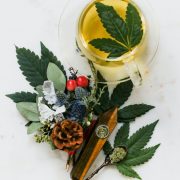






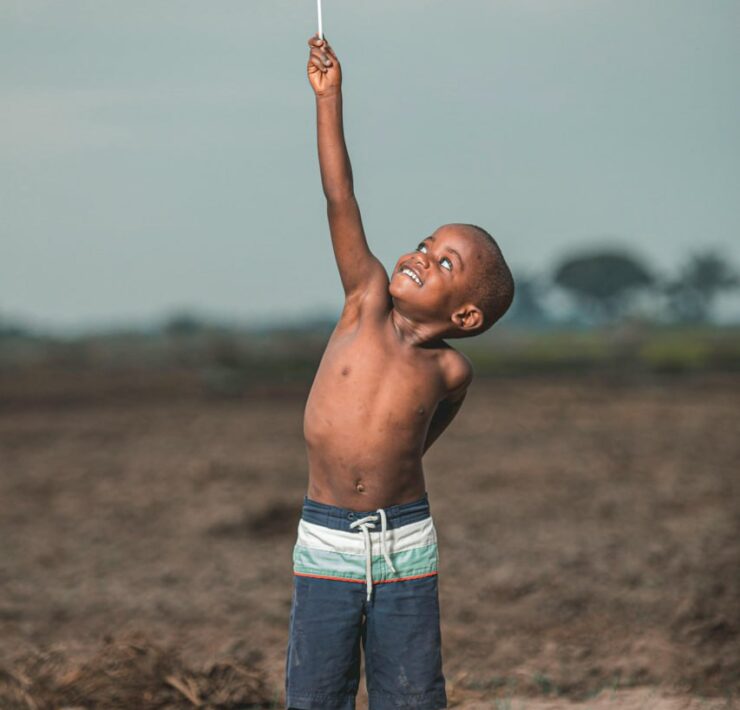
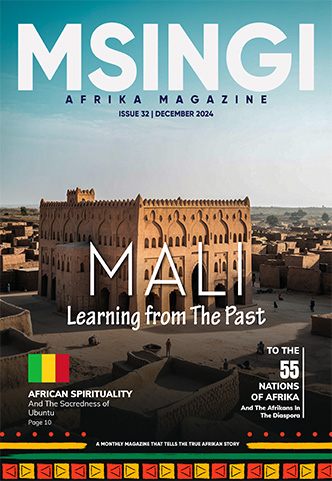
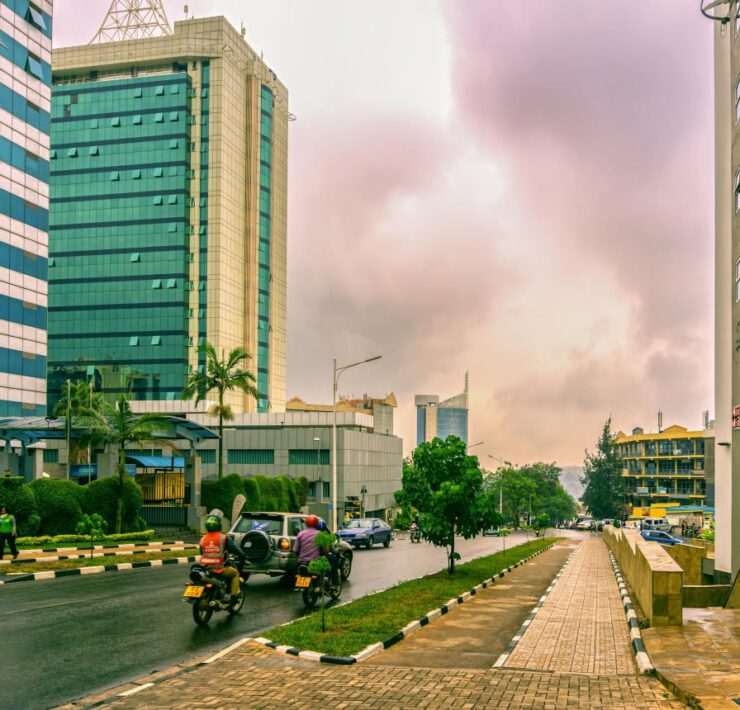
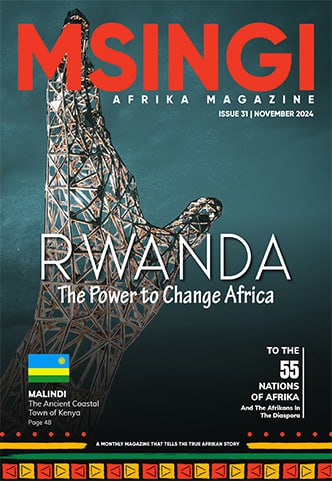
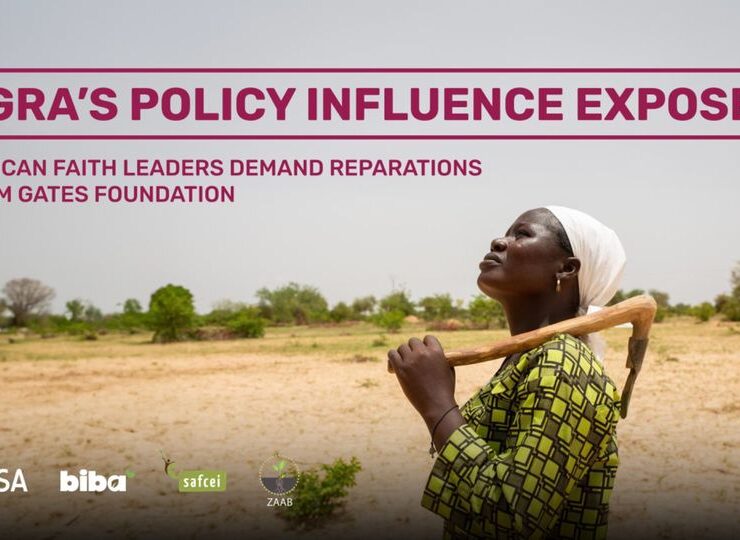
As part of the solution I would also re commend that Afrikan governments not only seek t benefit from the biotechnology but also establish scientific research institutions to take advantage of the traditional knowledge. Afrikans are at an advantage in that it is their knowledge. Every community has a knowledge of some kind about how their ancestors used plants and other resources to heal diseases and solve other problems. It would be easy to establish research on such herbs and plants and come up with homegrown solutions which can earn them the millions of dollars that they are seeking in compensation from western biological thieves. These are low lying fruits for establishment of industry and scientific research. It would also be prudent that this research is done without “help” from western corporatins and countries.
Absolutely.